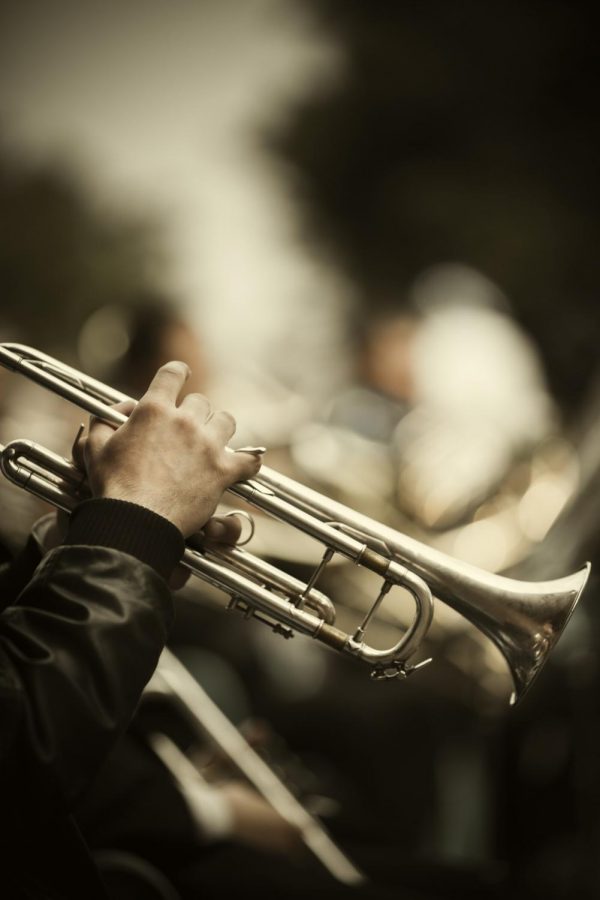Being at an engineering focused school, it is easy to get lost in all the numbers and principles I hear in class. Sometimes it seems like the only thing that matters is the hard numbers and facts that will help out in the real world. What then, is the purpose of artistry, or fiction?
I think the answer is simple. Although things like science and engineering may help us progress and reach new limits of understanding about ourselves and the world around us, art is what makes us human. Culture is based almost entirely on artistic expression.
To me, art is a sign that we have made it as a species. We aren’t constantly worrying about our next meal, or whether a predator is just around the tree ahead of us, so, to occupy ourselves, we create. The art we produce is also entirely unique to the circumstances in which we are found. It is often the product of strife, an outlet for those under oppression.
Let’s look back at classic jazz music. Jazz is a direct product of blues and also stemmed pretty much entirely from African Americans. Blues was a way to express the hardships an individual was going through, I mean, it is called the blues for a reason. Jazz took the fundamental instrumentation of blues, the prominent bass, the improvisation, the telling of a story, and punched it up.
The history of jazz is the history of modern America. It is the product of the horrific slave trade mixing the cultures of both Africa and Europe. From this crucible came what, to me, is the most influential musical movement on the planet.
Today’s bass-heavy, beat-dependent style can be traced right back to the greats like Miles Davis and John Coltrane. Don’t believe me? If you’re able to, take a look at the song “Take Five” by the Dave Brubeck Quartet. That song in particular has a prominent cycle throughout it. The trumpet assues the role of vocals, center stage, while percussion and bass tones accompany the background. Now take a look at “Award Tour” by A Tribe Called Quest. Listen to the background, the cyclic style of the percussion and the piano in the background. The latter is definitely its own unique style, but the DNA of styles long past is there.
In a way, this style has evolved into the hip-hop hits that top the charts today. Now, I’m not about to say you’ll hear many trumpet solos and walking bass on the top 40 charts but this music is certainly descended from some classical greats. I think it might even be reasonable to say the style of modern rap, the choppy start-stop way the lyrics are sung could be traceable to the very beat-centric style of classic jazz.
Now, I am no music historian, and it is absolutely possible I that I’ve been talking out of my rear end. But I did take a music appreciation class online two years ago. Either way, I think it is an innately human activity to go back into the ways we express ourselves and look at all the ways we have changed, and how we may change in the future.





